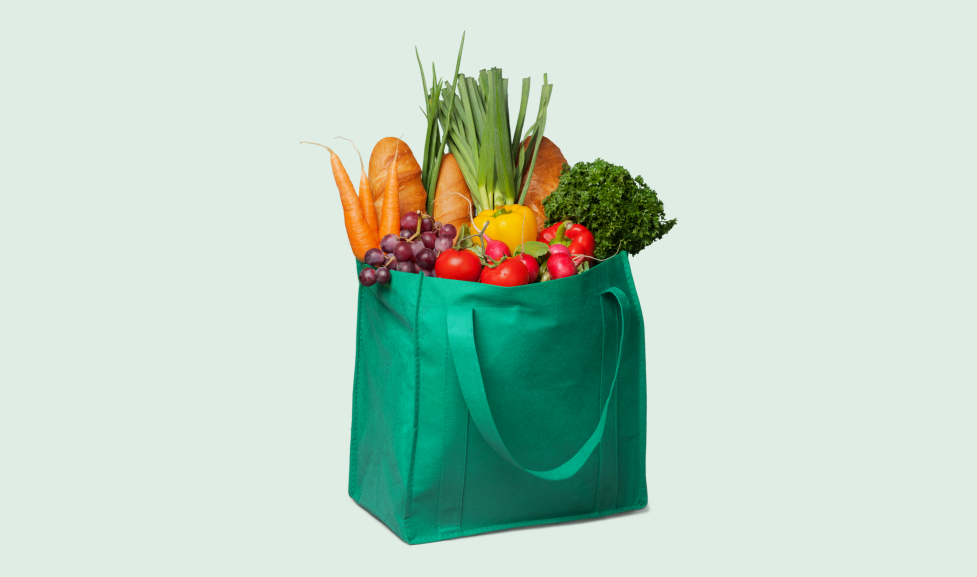On Jan. 1, 2024, the City of Boulder’s Disposable Bag Fee expanded to all retail stores in the city. On that date, the state also implemented a ban on plastic checkout bags at large stores, and on polystyrene (Styrofoam) cups and food containers at all retail food establishments in Colorado. All disposable checkout bags will continue to be charged a $0.10 fee per bag.
- The plastic bag ban applies to large stores (see FAQ below for small store exemption criteria)
- Fees on disposable checkout bags apply to all retail stores, regardless of size, such as grocery stores, liquor stores, dry cleaners, pharmacy, clothing stores. Restaurants and other food establishments are exempt from the plastic bag ban and fees on other bags.
- Restaurants and other food establishments are subject to the state's ban on polystyrene containers.
- Customers participating in a federal or state food assistance program are not required to pay the fee.
